Aluminium
Aluminium is lightweight and inexpensive. It is a good material for cake tins but heavy-gauge anodised aluminium is best. Low-gauge anodised aluminium is fine for shallow cake pans, where the cake won’t need as much cooking.
Best for: Baking cakes, breads, cookies, and tarts that need a short baking time and don’t have fruit (unless anodised). Cakes with long baking times are likely to dry out or burn in aluminium unless the pan is of heavy gauge.
Heat conduction: Fast; bakes things more evenly. Shiny metal deflects the heat from the contents to prevent burning. Darker metal absorbs and holds the heat so reduce the oven temperature by 10 °C. Best to buy heavy gauge ovenware so it does not burn the food, especially for deep cake tins.
Versatility: If it is not anodised aluminium it is not suitable for fruit-based cakes or cakes which require a long baking time as they will dry out or burn. Can be used in the oven, freezer, toaster oven, and grill/broiler. Do not use in the microwave.
Temperature change: Good.
Non-stick surface: Not non-stick, but the pan can be greased. Untreated aluminium reacts with acidic foods and will add a metallic taste to the food (anodised aluminium will not react however).
Care: Minimal: keep clean and dry. Does not oxidise. Aluminium is a soft metal that is light but can wear down with use.
Ability to change size/shape: No.
Clean: Easy, soak and wash with soapy water.
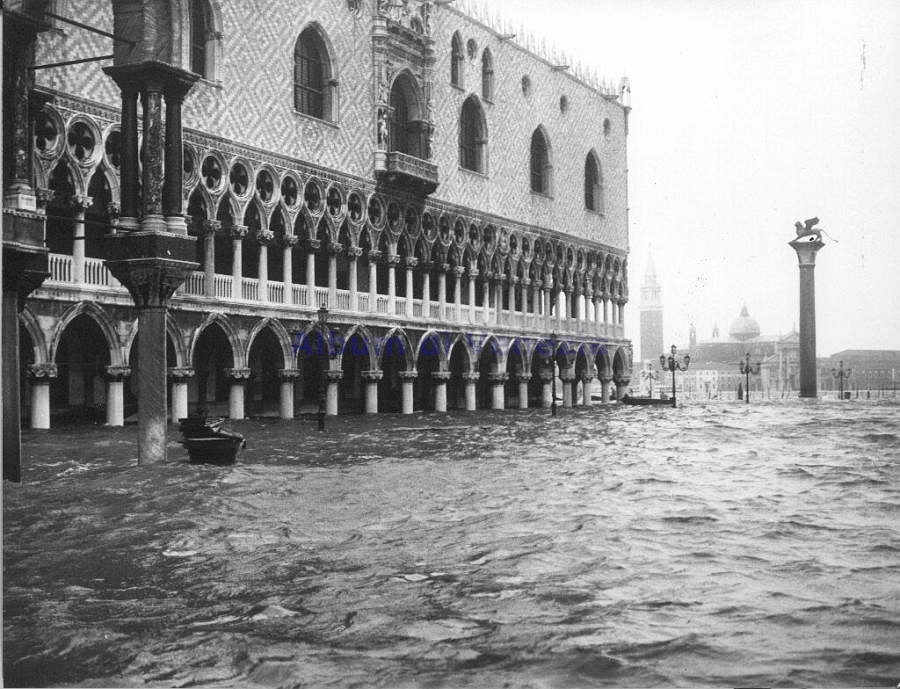
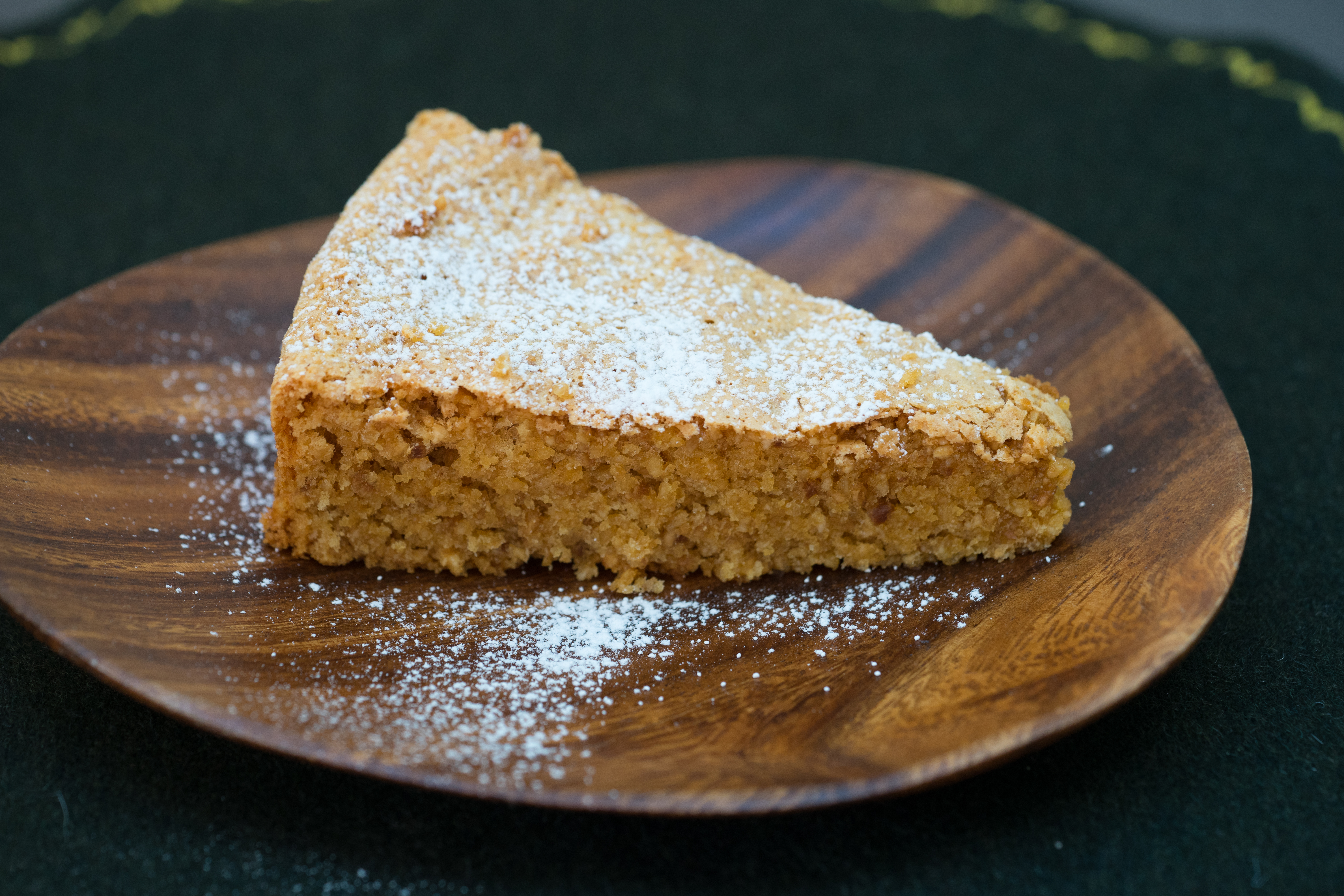
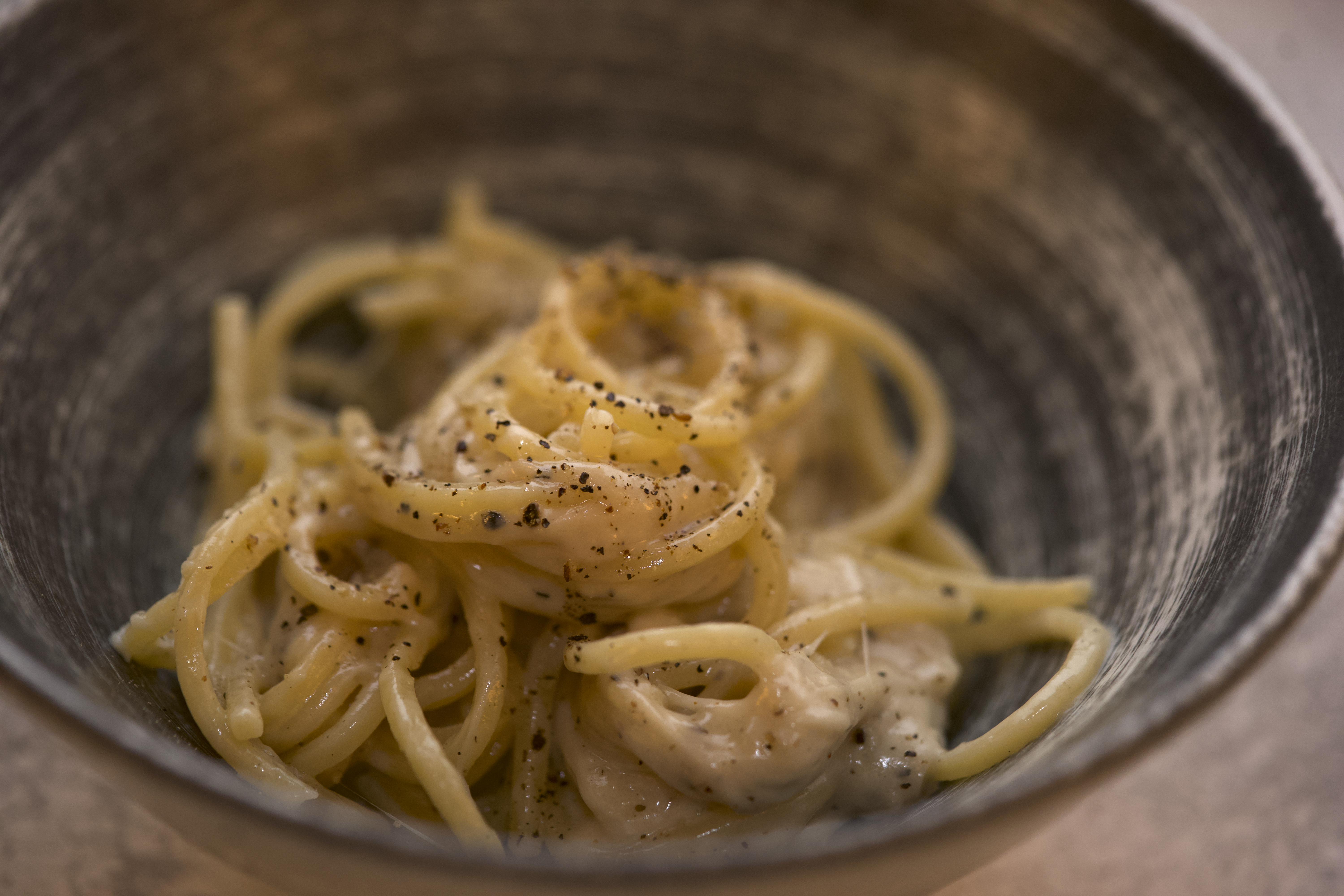
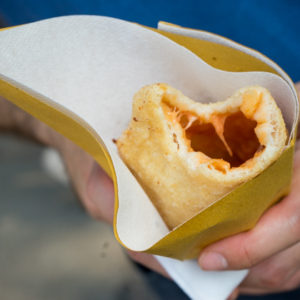
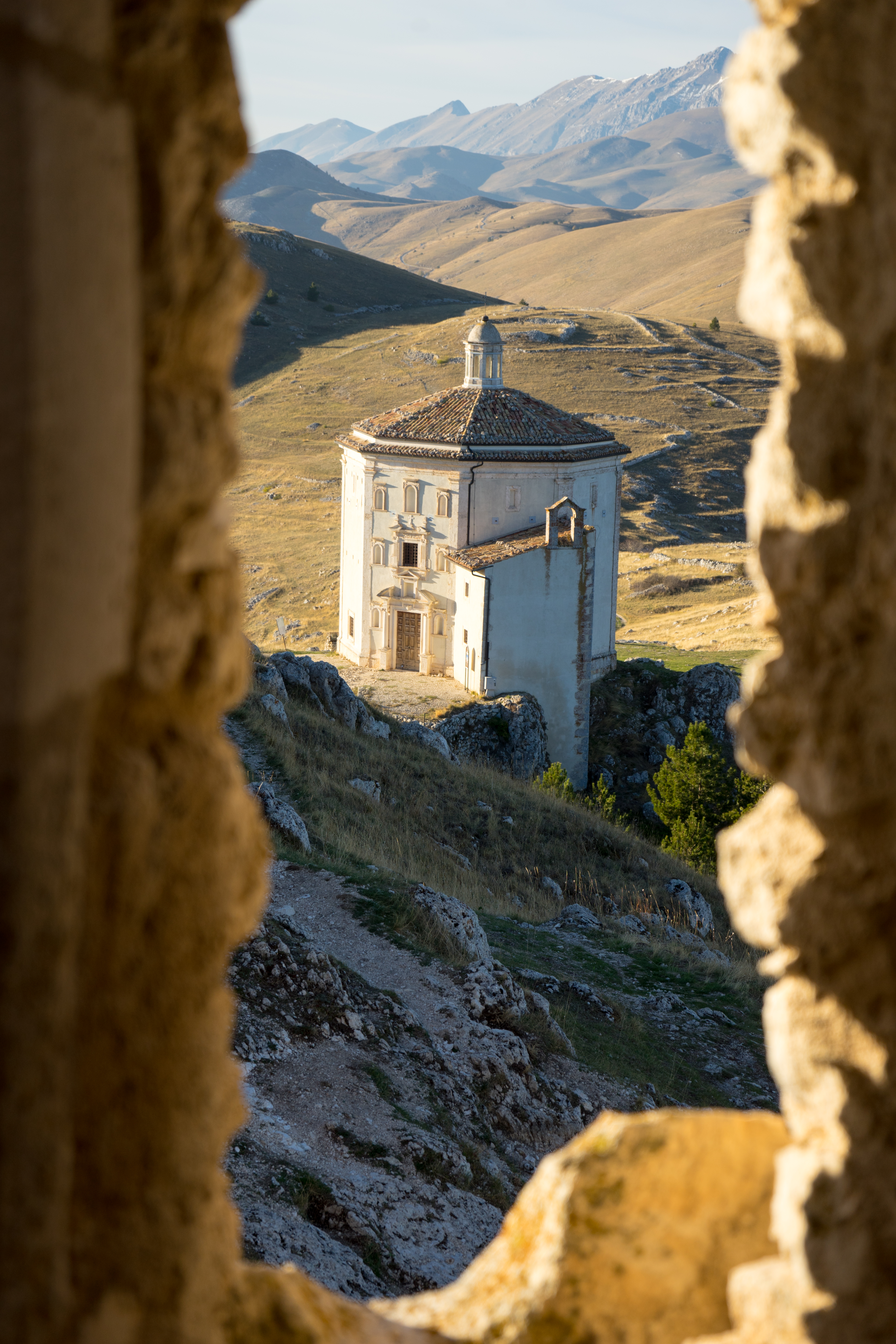
Leave a Reply